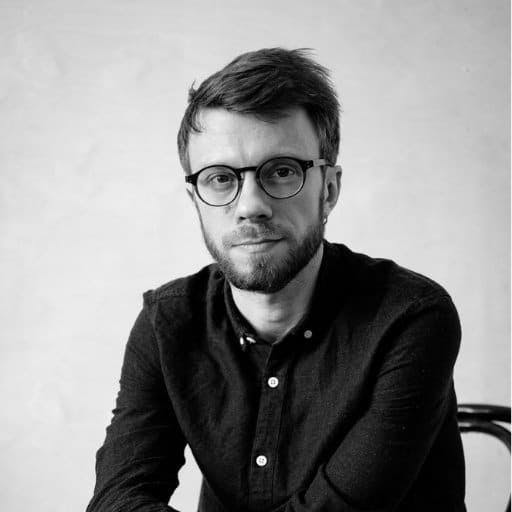Giving People The Tools To Nudge Themselves
Foreword
At TDL, our role is to translate science. This article is part of a series on cutting edge research that has the potential to create positive social impact. While the research is inherently specific, we believe that the insights gleaned from each piece in this series are relevant to behavioral science practitioners in many different fields. At TDL, we are always looking for ways to translate science into impact. If you would like to chat with us about a potential collaboration, feel free to contact us.
Introduction
The Decision Lab is a socially conscious applied research firm that aims to democratize behavioral science. We aspire to share this essential knowledge with a wide audience, with the hope of reaching the ears of critical decision-makers. With this goal in mind, we reached out to Samuli to connect his important work with a broader audience. Too often, research does not naturally reach the people that need its insight the most. This piece is part of a series that aims to bridge that gap.
Since Cass Sunstein and Richard Thaler introduced the idea of “Nudging” citizens towards decisions in their own best interests, the concept has been a contentious one. Is it ethical to decide how people will think? Is anyone in a position to make these choices for someone else? Samuli Reijula recognizes these concerns. Samuli and his colleague, Ralph Hertwig, Director of the Center for Adaptive Rationality and Max Planck Institute for Human Development, have proposed novel ideas to overcome some of these challenges. Putting choices back in the hands of individual decision-makers is indeed an admirable goal.
A full version to some of Samuli’s work is available here:
About the Authors
Samuli Reijula
Samuli Reijula is a lecturer in theoretical philosophy at the University of Helsinki. There, he is affiliated with TINT, which is the Centre for Philosophy of Social Science. He is currently working on projects related to institutional epistemology and evidence-based policy. Institutional epistemology refers to the conditions which give rise to successful scientific research. His work in evidence-based policy investigates the bridge between behavioral science and policy; specifically, how our scientifically determined insights make their way into implemented systems.
Nathan Collett
Nathan Collett studies decision-making and philosophy at McGill University. Experiences that inform his interdisciplinary mindset include a fellowship in the Research Group on Constitutional Studies, research at the Montreal Neurological Institute, a Harvard University architecture program, a fascination with modern physics, and several years as a technical director, program coordinator, and counselor at a youth-run summer camp on Gabriola Island. An upcoming academic project will focus on the political and philosophical consequences of emerging findings in behavioral science. He grew up in British Columbia, spending roughly equal time reading and exploring the outdoors, which ensured a lasting appreciation for nature. He prioritizes creativity, inclusion, sustainability, and integrity in all of his work.
About us
We are the leading applied research & innovation consultancy
Our insights are leveraged by the most ambitious organizations
“
I was blown away with their application and translation of behavioral science into practice. They took a very complex ecosystem and created a series of interventions using an innovative mix of the latest research and creative client co-creation. I was so impressed at the final product they created, which was hugely comprehensive despite the large scope of the client being of the world's most far-reaching and best known consumer brands. I'm excited to see what we can create together in the future.
Heather McKee
BEHAVIORAL SCIENTIST
GLOBAL COFFEEHOUSE CHAIN PROJECT
OUR CLIENT SUCCESS
$0M
Annual Revenue Increase
By launching a behavioral science practice at the core of the organization, we helped one of the largest insurers in North America realize $30M increase in annual revenue.
0%
Increase in Monthly Users
By redesigning North America's first national digital platform for mental health, we achieved a 52% lift in monthly users and an 83% improvement on clinical assessment.
0%
Reduction In Design Time
By designing a new process and getting buy-in from the C-Suite team, we helped one of the largest smartphone manufacturers in the world reduce software design time by 75%.
0%
Reduction in Client Drop-Off
By implementing targeted nudges based on proactive interventions, we reduced drop-off rates for 450,000 clients belonging to USA's oldest debt consolidation organizations by 46%





















